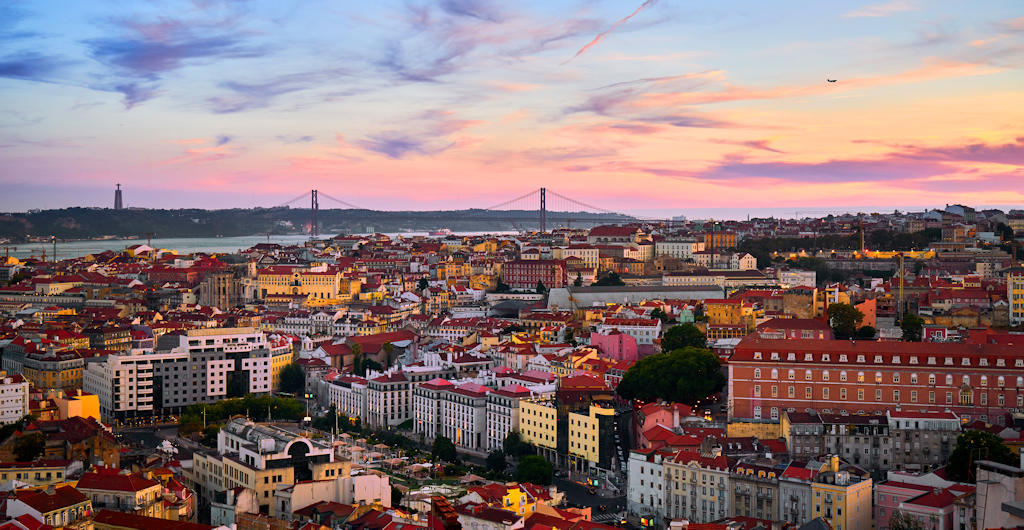Lisbon's selection as the European Capital of Culture is a well-deserved recognition of its artistic, historical, and architectural wealth. The city boasts a plethora of museums, art galleries, theaters, and music venues that showcase both traditional and contemporary works. From the ancient treasures of the National Museum of Ancient Art to the cutting-edge exhibitions at the Museum of Art, Architecture and Technology (MAAT), Lisbon offers a vibrant cultural tapestry that captivates visitors and locals alike.
The historic neighborhoods of Lisbon, such as Alfama, Bairro Alto, and Belém, provide a captivating backdrop for cultural exploration. These districts are home to iconic landmarks like São Jorge Castle, Jerónimos Monastery, and the Tower of Belém, which have shaped the city's identity and narrate its compelling history. Strolling through Lisbon's winding streets, one can discover street art, quaint cafes, and lively markets that showcase the city's unique charm.
Lisbon.vip Recommends
Lisbon's designation as the European Capital of Culture also served as a catalyst for urban regeneration and sustainable development. The city has invested in cultural infrastructure, revitalized public spaces, and promoted community engagement to enhance the cultural landscape and create a lasting legacy for its residents. Through this designation, Lisbon aimed to strengthen its position as a leading cultural destination, attracting visitors from around the world and showcasing the richness of its cultural heritage.
As Lisbon took center stage as the European Capital of Culture, it invited the world to discover its hidden gems, experience its lively arts scene, and delve into its captivating history. From the cobblestone streets of the old town to the modern cultural venues that dot the city, Lisbon beckons travelers to embark on a cultural journey like no other. Immerse yourself in the vibrant energy of Lisbon and let its artistic spirit ignite your senses, as you witness the transformative power of culture in the heart of this extraordinary European capital.



